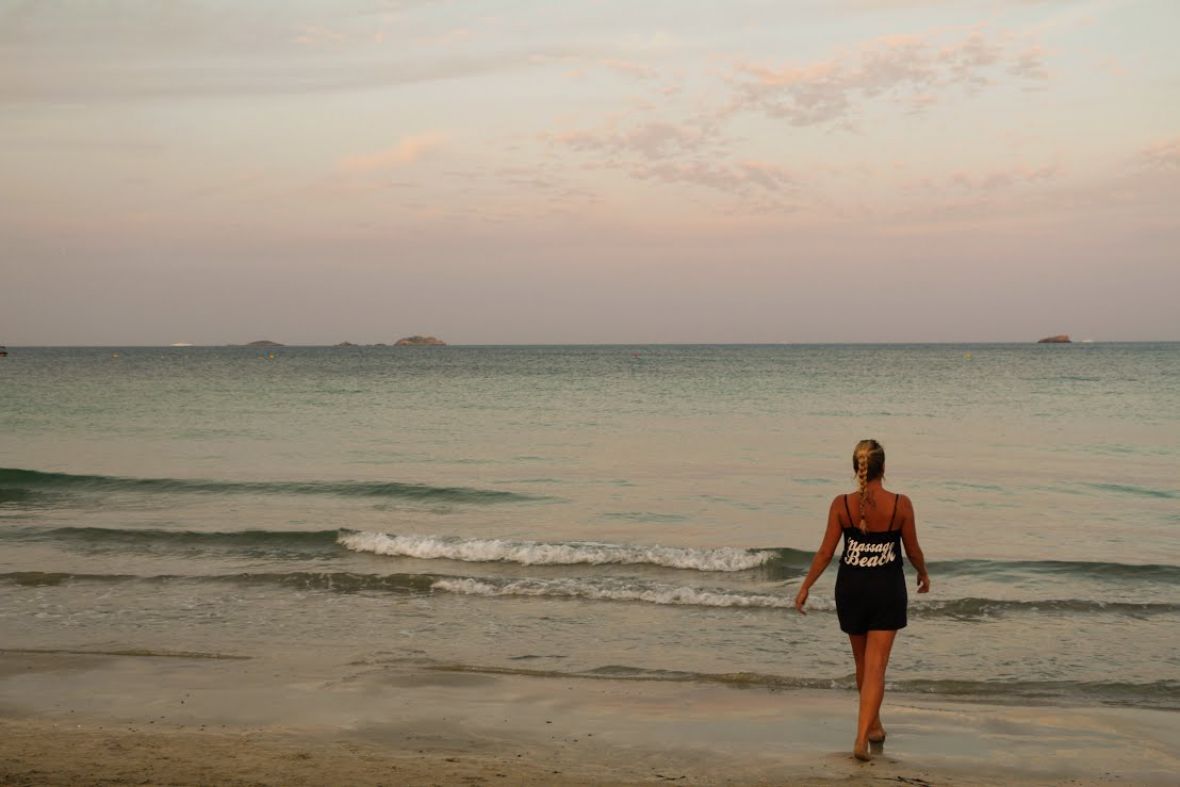Posted on February 05, 2020
Massage Beach are Cleaning Up
We at Massage Beach are doing what we can to give back to our environment. We have already partnered with Eve Taylor London to plant one tree for every retail skincare product we sell.
But we don’t want to stop there. This coming summer in Ibiza, we will be organising a beach clean-up every six weeks and want to be part of the #beachcleanup movement.
We will ask our team of beauty therapists to join us for an hour to do ‘our bit’. We want to make sure that the beaches across Ibiza look spotless and remain as they should – rubbish free and beautiful.
This is a new incentive for 2020 and we feel that it is a great way to give something back to our planet and the island we are lucky enough to call home during the summer months, especially with all the unwanted news about global warming.
It is beneficial for our team of beauty therapists as we can all get together, spend time to bond and do something ‘good’! Getting us all in one place at any one time can be rare so we will do our best to improve this for the coming summer.
Massage Beach take pride in providing the best massage and beauty treatments to all of our clients’ in Ibiza. We truly believe that we provide the best service within the beauty industry on the island. However, we are also determined ‘to step into’ a brighter future, to protect our beautiful planet! We want to put in a considerable effort to raise awareness and to act to help planet earth.
Giving back to Ibiza
Ibiza is one of the Balearic Islands surrounded by the beautiful Mediterranean Sea. There are ample beaches to relax and to get ‘your tan on’, it’s important to keep them clear. Keep the beaches clean not just for tourists but for the locals. The summer weather will attract thousands of tourists to the island of Ibiza who will bring waste. Beaches are fragile environments, if we keep them clean the oceans will be clean.
How you can help keep beaches clean
Playing your part in keeping the oceans free of rubbish is vital for the eco-system, the process can be simple, and it shouldn’t be a chore! You can follow these simple tips whenever you visit a beach.
- Bring something to put your rubbish in, this way you know where it will be going and you can keep track of these items.
- If you are eating at a beach choose to sit on a picnic bench or an area to snack in, use these areas to throw away rubbish and prevent items from scattering across the sand.
- Be prepared to see some items of rubbish on a beach, some individuals are likely to forget about their waste or the wind might have blown it away.
- If you do see rubbish on the beach, be polite and pick it up.
Why is it important to keep our sea and rivers clean?
The Sea
The oceans are essential to every life on earth. Protecting our oceans is of the upmost importance. We want a brighter future for those we care so deeply about, in order to survive we need healthy oceans.
The oceans are the largest substantial ecosystem on earth. Essentially, we can name it as our life support. The ocean generates half of the oxygen we breathe, provide at least a sixth of the animal protein humans eat. The living oceans can be labelled as hero’s as they absorb carbon dioxide from the earth’s atmosphere and reduce climate change, we must protect the oceans at all cost! Our survival is largely down to our oceans.
The Rivers
Freshwater environments are essential for our planet, people and wildlife. We know that fresh water is limited so careful management is a must! The freshwater environment includes rivers, lakes, streams, wetlands and underground aquifers. They all store clean water which is vital for us and animals. Freshwater environments provide drinking water, supply water to help crops grow and so much more.
As a planet, we have been careless to this resource and the freshwater environments have been mismanaged, which has led to pollution and damage. We have lost so much wildlife over the years! We hope that together, we can find a way to prevent further damage to the wetlands by managing and protecting freshwater resources around the world.
The wildlife on our planet are not the only ones affected, but people too! According to WWF over the last 50 years, the frequency of and impacts caused by severe flooding and drought increased partly because of the damaged to the freshwater ecosystem. Rising water consumption is constantly putting pressure on water resources. By 2030 it is predicted that nearly half the world’s population will live surrounded in areas of high water. We need to act now to secure life on our planet and not just for the animals but for us as humans.


